United Nations Global Compact
The United Nations Global Compact (UNGC) is the world’s largest corporate sustainability initiative, established to encourage businesses worldwide to adopt sustainable and socially responsible policies that align with universal principles. Through its Ten Principles, the UNGC challenges businesses to uphold fundamental responsibilities in areas such as human rights, labor standards, environmental stewardship, and anti-corruption.
With over 20,000 participants across more than 160 countries, the UNGC serves as a global platform that enables businesses to align their strategies and operations with universal values, while also contributing to the achievement of the United Nations Sustainable Development Goals (SDGs). These goals address critical global challenges, such as poverty, inequality, climate change, and sustainable economic growth. By promoting collaboration among businesses, governments, and civil society, the UNGC fosters partnerships that drive innovation, improve social and environmental performance, and ensure long-term success for both businesses and communities.
The Ten Principles of the UN Global Compact
The United Nations Global Compact's Ten Principles serve as a universal framework guiding businesses toward sustainable and socially responsible practices. Rooted in internationally recognized declarations and conventions, these principles encompass four key areas: human rights, labor standards, environmental protection, and anti-corruption. By integrating these principles into their strategies and operations, companies not only fulfill their fundamental responsibilities to society and the planet but also lay the foundation for enduring success. This principles-based approach ensures that businesses operate ethically and contribute positively to global development goals
The Ten Principles of the United Nations Global Compact are derived from: the Universal Declaration of Human Rights, the International Labour Organization’s Declaration on Fundamental Principles and Rights at Work, the Rio Declaration on Environment and Development, and the United Nations Convention Against Corruption.
Human Rights
Principle 1: Businesses should support and respect the protection of internationally proclaimed human rights; and
Principle 2: make sure that they are not complicit in human rights abuses.
Labour
Principle 3: Businesses should uphold the freedom of association and the effective recognition of the right to collective bargaining;
Principle 4: the elimination of all forms of forced and compulsory labour;
Principle 5: the effective abolition of child labour; and
Principle 6: the elimination of discrimination in respect of employment and occupation.
Environment
Principle 7: Businesses should support a precautionary approach to environmental challenges;
Principle 8: undertake initiatives to promote greater environmental responsibility; and
Principle 9: encourage the development and diffusion of environmentally friendly technologies.
Anti-Corruption
Principle 10: Businesses should work against corruption in all its forms, including extortion and bribery.




